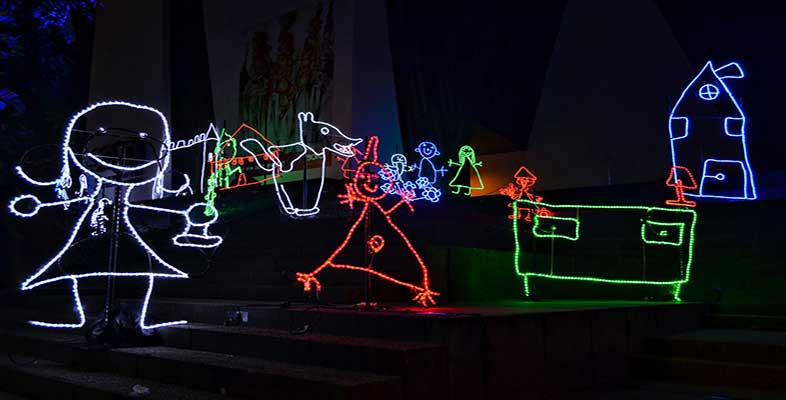3.1 How does socio-cultural context influence development?
Children grow up in specific physical, social, cultural, economic and historical circumstances (their socio-cultural context), all of which will influence their childhood. Research has shown that children’s socio-cultural context can have a large influence on their development. We know that culture influences how children develop; across different cultures, children can develop in quite different ways (Montgomery, 2008). And we know that children who are deprived of care from a primary caregiver can often experience difficulties in later childhood because their early attachment experiences were affected by this (Bowlby, 1980). Development of course involves a process of learning and improvement, and children can only learn when others are there to support them, like parents, teachers and siblings. This does not conflict with Piaget’s stage theory but does extend it to explain how some of the environmental experiences that children receive can allow them to move from one stage to another, in line with Vygotsky’s socio-cultural approach.
